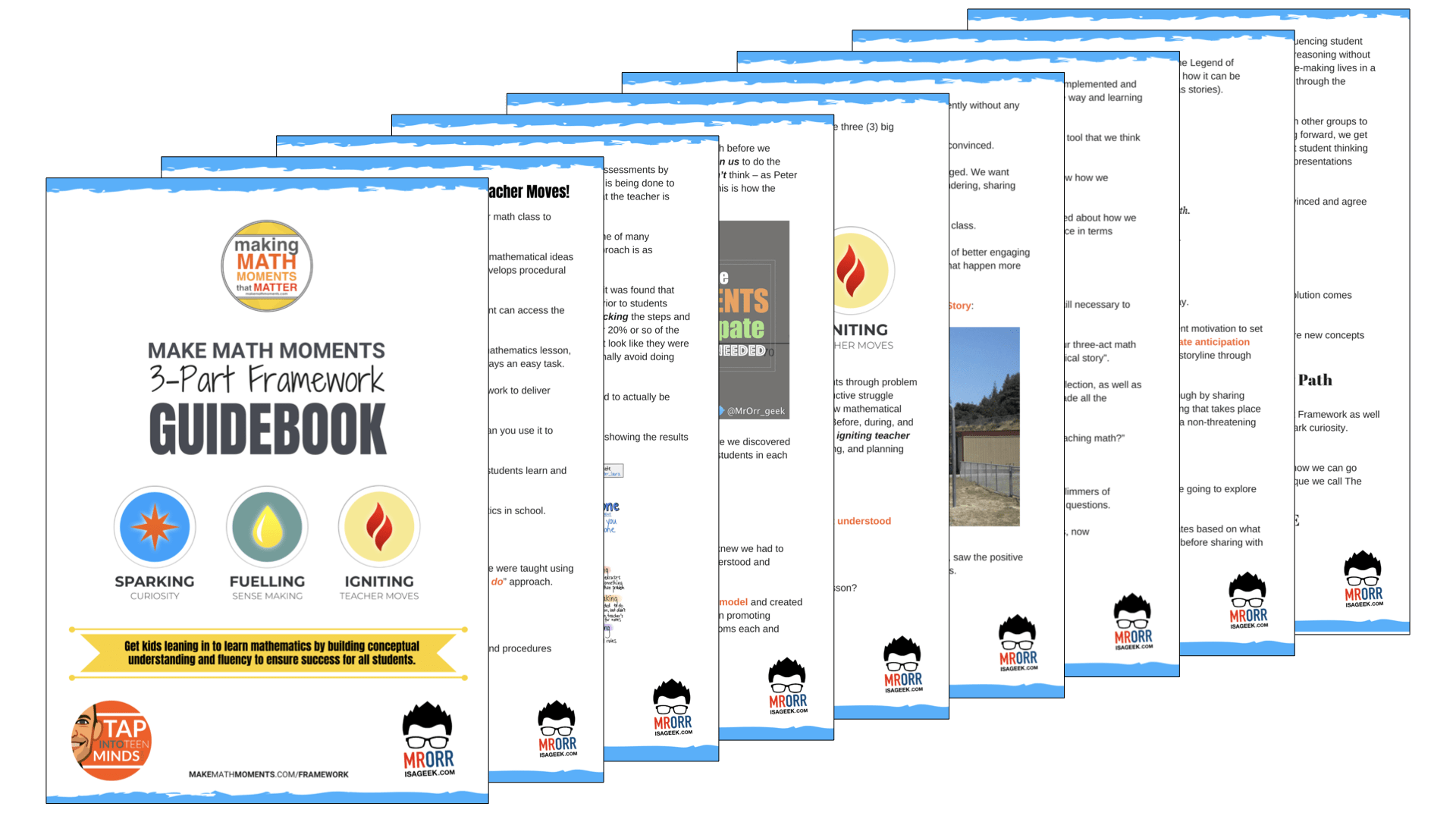 Reflecting on my approach to curriculum integration over the years, I feel that there are three stages outlining how teachers integrate curriculum in their classroom. Since every teacher is different, we might want to consider these stages as more of a continuum where some may engage in more than one stage at a time. However you decide to look at it, I think that the Stages of Teacher Professional Development look something like this:
Reflecting on my approach to curriculum integration over the years, I feel that there are three stages outlining how teachers integrate curriculum in their classroom. Since every teacher is different, we might want to consider these stages as more of a continuum where some may engage in more than one stage at a time. However you decide to look at it, I think that the Stages of Teacher Professional Development look something like this:
Stage #1: Covering Curriculum
In this stage, newer teachers or experienced teachers instructing a new course emphasize curriculum expectations and course content. It can take teachers anywhere from a year to several years feel confident that they have “covered” the material.
Stage #2: Refining Course Content
Once teachers feel confident that they are delivering the required curriculum, they begin to refine their course content to better suit the student learning need for the majority or general population of that course. This may include, but is not limited to adjusting timelines, adding/subtracting practice for particular strands and focusing on better differentiating for all students in the course.
Stage #3: Cross-Curricular Planning, Making Connections, Collaboration & More
After refining course content and creating tasks that differentiate learning and create options for students, teachers then begin to truly focus on integrating cross curricular content, making connections to activate prior knowledge, introducing collaborative tasks throughout the lesson and integrating content from the real world in order to motivate students to want to find solutions instead of going through the motions.
The Stages of Teacher Professional Development May Vary
While every educator is different and may fit into different variations of these three stages, I feel that the order paints the picture of mathematics education quite nicely. I’m confident that some educators might feel that certain details from one stage may fit in another and make a great argument to back them up. But, regardless of what stage each detail falls, I think that we would all agree that the time it takes for a teacher to move from the first stage to the second would be much less than that from the second to the third. Some may argue that there are teachers that may never enter into the third stage.
Where I Feel I’m At…
In my seventh year of teaching mathematics, I feel that I am just entering the third stage. Opening my mind to new ideas, cooperative learning and working hard to show students how mathematics can be applied to the world around us. While the unit I have created for proportions would still likely be effective in the classroom, there are many activities that I feel could be improved to allow the real world to enter my classroom and make the concepts relevant for all students – regardless of whether they can multiply up to 12 x 12.
Why Do Educators Get Stuck?
But why do some educators in mathematics and in other subjects get stuck in stage two? Do they still feel they need to refine their content? Do they lack confidence to try something new? Have they not been exposed to new ideas through professional development or collaboration with colleagues?
If we can determine what makes the transition from the second stage to the third so difficult, we might be able to transform education as we know it.
WANT TO LEARN HOW TO TEACH THROUGH TASK?

Share With Your Learning Community:

About Kyle Pearce
I’m Kyle Pearce and I am a former high school math teacher. I’m now the K-12 Mathematics Consultant with the Greater Essex County District School Board, where I uncover creative ways to spark curiosity and fuel sense making in mathematics. Read more.
Read More From The Blog
